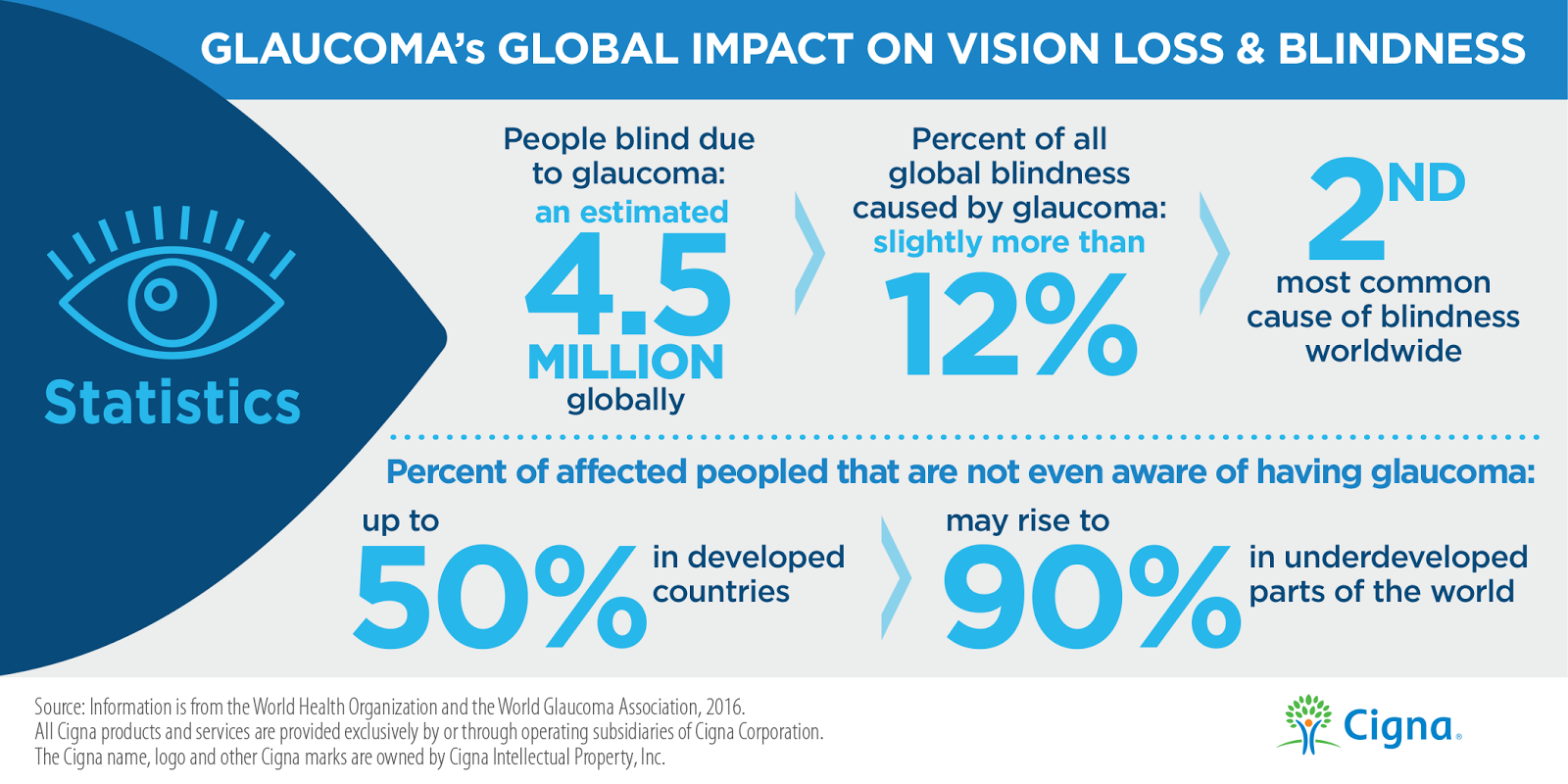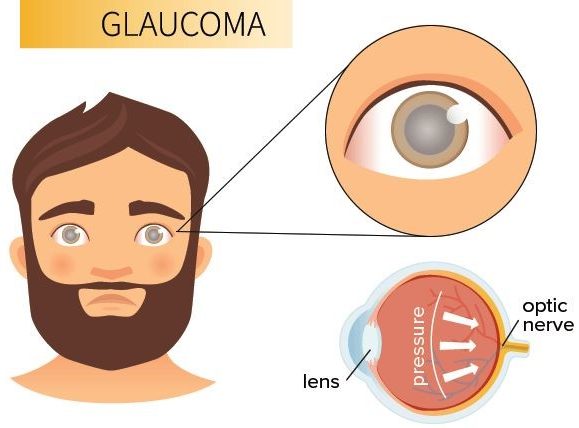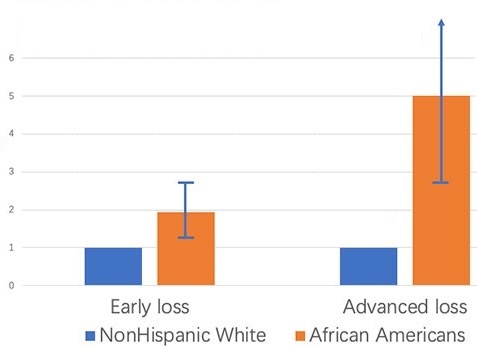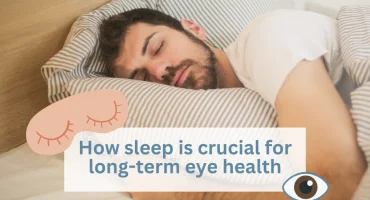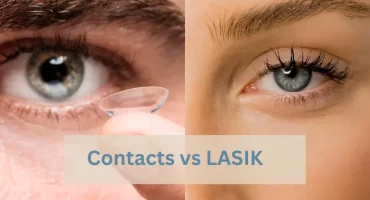As custodian of personal information relating to your medical treatment, we must treat that information in accordance with all applicable law and guidance. This Privacy Notice provides you with an overview of how we will manage your data, from the point at which it is gathered via this website. We will use that information for a variety of purposes including, but not limited to, providing you with care and treatment, sharing it with other medical professionals and research/clinic audit programmes, and seeking feedback on your patient experience. We may also, with your specific agreement, contact you with materials relevant to your care with us. This Privacy Notice will give you all the details you need on how we use your information, and how we will comply with the law in doing so.
About us
In this Privacy Notice we use “we” or “us” or “our” or “AccuVision” to refer to the company who is using your personal information, and the clinicians and employees who provide and assist in your enquiry or treatment.
What personal information do we collect and use from patients via this website?
The personal information that we collect will depend on your relationship with us. We will collect different information depending on whether or not you are already a patient of AccuVision.
We may use “special categories of personal information” (otherwise known as “special categories of data”) about you, such as information relating to your physical and mental health. For example, if you are a patient we will need to use information about your health in order to treat you.
If you provide personal information to us about other individuals (including medical or financial information) you should inform the individual about the contents of this Privacy Notice. We will process such information in accordance with this Privacy Notice.
In addition, you should note that in the event you amend data which we already hold about you (for instance by amending a pre-populated form) then we will update our systems to reflect the amendments. Our systems will continue to store historical data.
Personal information
When you enquire via our website, the personal information we hold about you may include the following:
- Contact details, such as postal address, email address and telephone number (including mobile number)
- Background referral details or information on your vision and health
- Financial information, such as credit card details used to pay us
Special Categories Personal Information
As a patient of AccuVision, we will hold information relating to your medical treatment which is known as a special category of personal data under the law, meaning that it must be handled even more sensitively. The special categories of personal information we hold about you may include the
following:
- Details of your current or former physical or mental health. This may include information about any healthcare you have received (both from AccuVision directly and other healthcare providers such as GPs, optometrists or hospitals (private and/or NHS)) or need, including about clinic and hospital visits and medicines administered. We provide further details below on the manner in which we handle such information.
- Details of services you have received from us
The confidentiality of your medical information is important to AccuVision. We make every effort to prevent unauthorised access to and use of information relating to your current or former physical and mental health. In doing so, AccuVision complies with UK data protection law, including the Data
Protection Act 2018, and all applicable medical confidentiality guidelines issued by professional bodies including, but not limited to, the General Medical Council and the General Optical Council.
From 25 May 2018, the current Data Protection Act will be replaced by the EU General Data Protection Regulation (GDPR) and a new Data Protection Act. All uses of AccuVision information will comply with the GDPR and the new Data Protection Act from that date onwards
How do we collect your information on the website?
We may collect personal information from a number of different sources including, but not limited to:
Directly from you
Information may be collected directly from you when:
- You enter into a discussion or information request with AccuVision for the provision of healthcare services
- You use those services
- You complete enquiry forms on the AccuVision website
- You submit a query to us including through our website, by email or by social media
- you correspond with us by letter, email, telephone or social media, including where you reference AccuVision in a public social media post
- You take part in our marketing activities
When you register as a patient with AccuVision, we may collect further information from you, but also from other sources such as:
From other healthcare organisations
Our patients will usually receive healthcare from other organisations in addition to AccuVision, and so in order to provide you with the best treatment possible we may have to collect personal information about you from other organisations. These may include:
- Medical records from your GP
- Medical records from your clinician (including their medical secretaries)
- Optical records from your optometrist
- Medical records from the NHS or any private healthcare organisation
- Medical records include information about your diagnosis, clinic and hospital visits and medicines
- administered
How will we communicate with you?
In order to communicate with you, we are likely to do this by telephone, SMS, email, and / or post.
If we contact you using the telephone number(s) which you have provided (landline and/or mobile), and you are not available which results in the call being directed to a voicemail and/or answering service, we may leave a voice message on your voicemail and/or answering service as appropriate.
Please note providing your mobile number and email address and stating a preference to be communicated by a particular method will be taken as an affirmative confirmation that you are happy for us to contact you in that manner.
What are the purposes for which your information is used?
We may ‘process’ your information for a number of different purposes, which is essentially the language used by the law to mean using your data. Each time we use your data we must have a legal justification to do so. The particular justification will depend on the purpose of the proposed use of your data. When the information that we process is classed as “special category of
personal information”, we must have a specific additional legal justification in order to use it as proposed.
Generally we will rely on the following legal justifications, or ‘grounds’:
- Taking steps at your request so that you can enter into a contract with AccuVision and/or clinician to receive healthcare services from us.
- For the purposes of providing you with healthcare pursuant to a contract between you and AccuVision and/or clinician. We will rely on this for activities such as supporting your medical treatment or care and other benefits, supporting your doctor, nurse, carer or other healthcare professional and providing other services to you.
- We have an appropriate business need to process your personal information and such business need does not cause harm to you. We will rely on this for activities such as quality assurance, maintaining our business records, developing and improving our products and services and monitoring outcomes.
- We have a legal or regulatory obligation to use such personal information.
- We need to use such personal information to establish, exercise or defend our legal rights.
- You have provided your consent to our use of your personal information.
Please note that failure to provide your information further to a contractual requirement with us or a clinician may mean that we are unable to set you up as a patient or facilitate the provision of your healthcare on our systems.
Appropriate business needs
One legal ground for processing personal data is where we do this in pursuit of legitimate interests and those interests are not overridden by your privacy rights. Where we refer to use for our appropriate business needs, we are relying on this legal ground: Special categories of personal information includes information about your health.
The right to object to other uses of your personal data
You have a range of rights in respect of your personal data, as set out in detail below. This includes the right to object to AccuVision using your personal information in a particular way (such as sharing that information with third parties), and we must stop using it in that way unless specific exceptions apply as a consequence of our legal obligations
Who do we share your information with?
From time to time, we may share your personal information within our group or with third parties.
Disclosures to third parties:
We may disclose your information to the third parties listed below for the purposes described in this Privacy Notice. This might include:
- A doctor, nurse, carer or any other healthcare professional involved in your treatment
- Other members of support staff involved in the delivery of your care, like receptionists and administrative staff
- Anyone that you ask us to communicate with or provide as an emergency contact, for example your next of kin or carer
- NHS organisations, including NHS Resolution, NHS England, Department of Health
- Other private sector healthcare providers
- Your GP
- Your optometrist
- Your clinician (including their medical secretaries)
- Third parties who assist in the administration of your healthcare, such as insurance companies
- Private Healthcare Information Network
- National and other professional research/audit programmes and registries
- Government bodies, including the Ministry of Defence, the Home Office and HMRC
- Our regulators, like the Care Quality Commission
- The police and other third parties where reasonably necessary for the prevention or detection of crime
- Our insurers
- Debt collection agencies
- Credit referencing agencies
- Our third party services providers such as IT suppliers, actuaries, auditors, lawyers, marketing agencies, document management providers and tax advisers
- Selected third parties in connection with any sale, transfer or disposal of our business
We may communicate with these third parties in a variety of ways including, but not limited to, email, post, fax and telephone.
What marketing activities do we carry out?
We may also use your personal information to provide you with information about products or services relating to on going eye care or treatment which may be of interest to you where you have provided your consent for us to do so.
If you no longer wish to receive marketing emails sent by us, you can click on the “unsubscribe” link that appears in all of our emails, otherwise you can always contact us using the details set out in section 5 to update your contact preferences.
We do not provide your personal information to any external market research agencies nor do we sell your data to third parties.
How long do we keep personal information for?
We will only keep your personal information for as long as reasonably necessary to fulfill the relevant purposes set out in this Privacy Notice or required in order to comply with our legal and regulatory obligations.
If you would like further information regarding the periods for which your personal information will be stored, please contact our DPO for further details.
International data transfers
We (or third parties acting on our behalf) may store or process information that we collect about you in countries outside the European Economic Area (“EEA”). Where we make a transfer of your personal information outside of the EEA we will take the required steps to ensure that your personal information is protected.
We will only do so to the extent that it is relevant and necessary. The United States and the EEA have in place a framework, known as Privacy Shield, to facilitate compliance with data protection obligations when transferring personal data. Privacy Shield has been assessed by the EU Commission, and deemed to provide adequate protection to personal data.
If you would like further information regarding the steps we take to safeguard your personal information, please contact the DPO.
Your rights
Under data protection law you have certain rights in relation to the personal information that we hold about you. These include rights to know what information we hold about you and how it is used. You may exercise these rights at any time by contacting us using the details set out within this notice.
There are some special rules about how these rights apply to health information as set out in legislation including the Data Protection Act (current and future), the General Data Protection Regulation as well as any secondary legislation which regulates the use of personal information.
If you make a large number of requests or it is clear that it is not reasonable for us to comply with a request then we do not have to respond. Alternatively, we can charge for responding.
Your rights include:
- The right to access your personal information
- The right to rectification
- The right to erasure (also known as the right to be forgotten)
- The right to restriction of processing
- The right to data portability
- The right to object to marketing
- The right not to be subject to automatic decisions (i.e. decisions that are made about you by computer alone)
- The right to withdraw consent
- The right to complain to the Information Commissioner’s Office
In some circumstances, you have the right to request that we delete or amend how we process the personal information we hold about you. However, there are exceptions to this right and in certain circumstances we can refuse to delete the information in question. In particular, for example, we do not have to comply with your request if it is necessary to keep your information in order to perform tasks which are in the public interest, including public health, or for the purposes of establishing, exercise or defending legal claims, or if your request contradicts our legal responsibilities.
Updates to Privacy Notice
We may update this Privacy Notice from time to time to ensure that it remains accurate. In the event that there are any material changes to the manner in which your personal information is to be used then we will provide you
with an updated copy of this Privacy Notice.
Our Data Protection Officer and how to contact us
AccuVision Ltd has an appointed data protection officer (“DPO”). The DPO helps ensure that the company complies with data protection law.
The DPO can be contacted by:
a) Telephone: 0330 123 2020
b) E-mail: info@accuvision.co.uk
c) Post: Data Protection Officer, AccuVision Ltd., 42-48 New Kings Road, London SW6 4LS.
If you would like further information about any of the matters in this Privacy Notice or have any other questions about how we collect, store or use your personal information, please contact the DPO using the details above.


